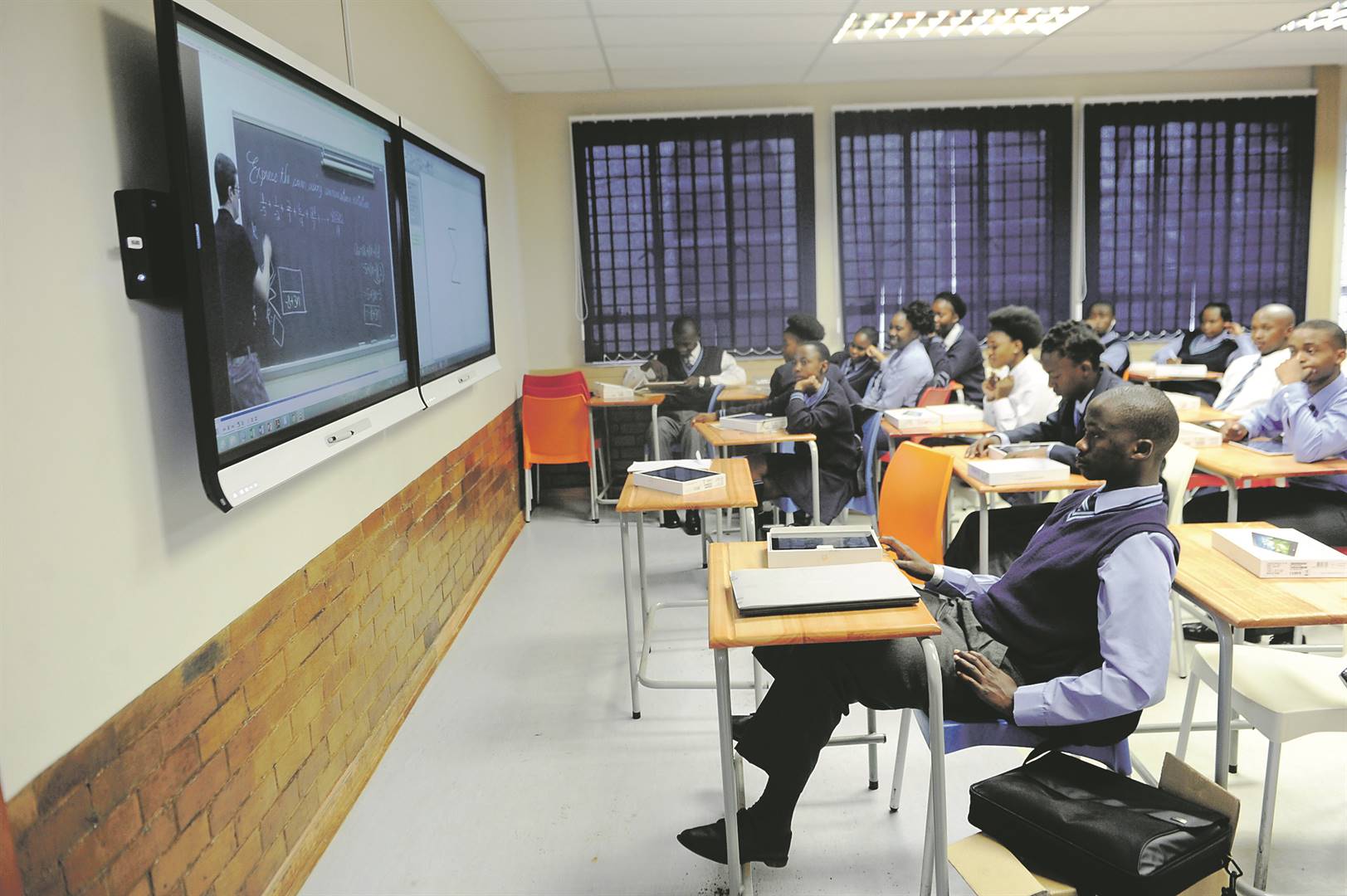
We’re in between the annual chaotic processes of finding placements for pupils at schools and applying for enrolments at universities.
The bridge between the two is a crucial one, especially considering South Africa’s depressing unemployment figures as well as the exponential change we’re seeing in the new skills required for disrupted business models.
Just how badly our education system is preparing our students for this new world order was brought into sharp focus when I gave a trends briefing to the teaching staff of my high school alma mater.
It was not so much their approach to education which was at fault but, it emerged, the pressure all schools are put under to achieve good matric results every year.
One teacher explained the sorry state of affairs in a nutshell.
She said that while it was widely understood that the skills pupils needed were becoming broader and more intangible – such as collaboration, critical thinking and problem-solving – the benchmark on which schools and their pupils were judged, was in essence just one exam – the matric final.
She lamented that the focus of the matric year, for all staff, was simply to maintain this pass rate.
This is understandable because a school’s reputation depends on these annual statistics.
But then this focus detracts from what pupils are actually equipped with once they leave school.
This is one of the more depressing things I’ve heard about the education system, and it has stayed with me like a vivid nightmare.
Let me explain.
When I left high school I felt stupid. It is not the desired outcome of any education system or teacher, but this is what an expensive private schooling had left me with.
One of the main reasons was that I’ve always been more right-brained, and the academic focus at schools back then was solely focused on celebrating left-brain prowess.
It is evident that things haven’t changed much, even though it is widely acknowledged that creativity and divergent thinking are now crucial and highly sought-after skills in the workplace.
How the education system lost its way (and I’m not just talking about the South African system but generic school education systems elsewhere) is explained perfectly and succinctly by Kenneth Robinson, a British author, speaker and international adviser on education.
If you’re a parent (or a teacher) I urge you to listen to some of his many talks online.
How he puts things into perspective will horrify you.
I’ll give you an abbreviated version.
Public school systems only emerged in the mid-19th century.
They were designed when the world was adjusting to the age of enlightenment as well as the industrial revolution.
The concept of compulsory education for all, paid for by taxes, was revolutionary.
The pioneering vision was therefore based on the “intellectual model of the mind” – the enlightenment view of intelligence: deductive reasoning and knowledge of classic literature.
Traits that we’ve come to know as academic ability.
Robinson points out that this education system mirrored the times and the schools were designed along factory lines: ringing bells to control activities, separate facilities, compartmentalised subjects, pupils segregated by age (essentially defined by their “date of manufacture”) and standardised testing.
However, we now know that human development is not standard or uniform.
And yet this is the system we rely on to give our children an education, and a fighting chance of survival in life.
Fast-forward to the 21st century, one that is proving to be the most stimulating era in humankind’s existence.
We already see with Gen Z’s – the first generation of true digital natives – that this digital stimulus is rewiring their brains and providing exponential and unexpected learning opportunities.
And yet adults see them as being easily distracted, or worse, having attention deficit hyperactivity disorder, which they then get medicated for.
If you had a plethora of stimulus at your fingertips, but are then forced to sit in a classroom and learn from a system that was designed in another century and for a bygone economy, wouldn’t you feel frustrated and become bored and distracted?
Creativity and the arts on the other hand are described by Robinson as an “aesthetic experience”: one in which your senses operate at their peak, meaning you are not only present but also engaged.
Isn’t that a learning zone all parents would want for their children?
Focusing obsessively on maintaining the matric pass rate numbers is simply reverting to an industrial revolution era approach to education: an assembly line where uniformity, conformity and quantity matters more than thinking and stepping outside the box.
Ironically, what all future-focused businesses need most.
If this is what the end goal has become for our education system then the words from the Pink Floyd song – Just another brick in the wall – become depressingly relevant.
“We don’t need no education
We don’t need no thought control
All in all you’re just another brick in the wall.”
Dion Chang is the founder of Flux Trends. For more trends visit fluxtrends.com.




 Publications
Publications
 Partners
Partners









